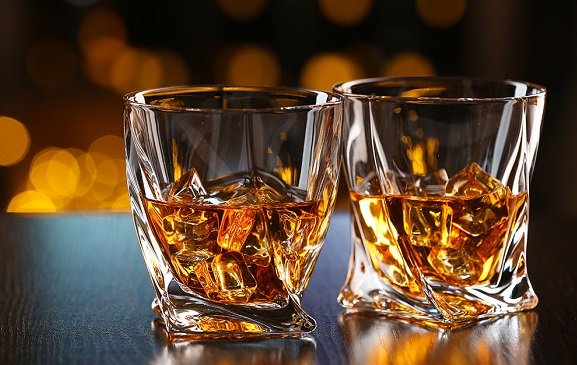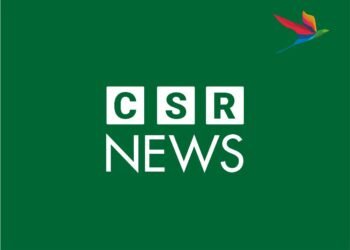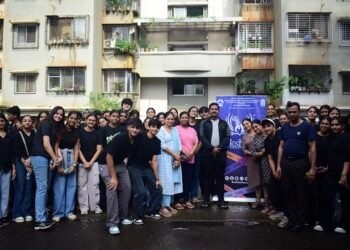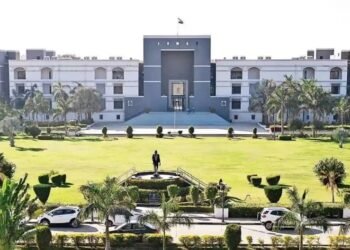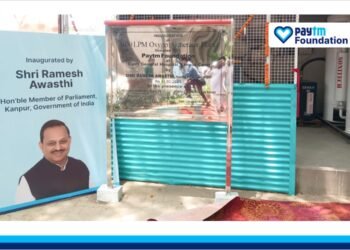Large liquor makers including United Breweries NSE 2.30 %, Pernod Ricard, Radico Khaitan NSE 2.31 % and Bacardi are seeking clarity from the government on what qualifies as ‘surrogate advertising’ and whether the recent clampdown would include ads with phrases such as ‘responsible drinking’ or ‘don’t drink and drive,’ industry executives said. Advertising platforms such as Bacardi Weekender music festivals, Imperial Blue ‘Men will be Men’ CDs, Blenders Pride Fashion Tour and Kingfisher packaged drinking water have been used to drive consumption of the beverages they make.
“We are engaging with the government on what defines surrogate advertising, and what are valid brand extensions. If a sweeping clampdown on all extensions that have the same brand name as an alcohol brand was in place, Kingfisher Airlines could never have been launched,” said Vinod Giri, director general, Confederation of Indian Alcoholic Beverage Companies (CIABC), which represents the Indian alcoholic beverage industry. “While we agree ads which are not for genuine brand extensions should be clamped down on, genuine brand extensions need to be permitted.”
Spokespersons for United Breweries, Bacardi, Pernod Ricard and Radico Khaitan declined to comment.
Last Friday, the government announced guidelines to curb misleading ads, banned all surrogate commercials and imposed strict norms for those that seek to lure consumers by offering discounts and freebies, across all platforms, including television and digital. The fresh guidelines also include regulation of advertisements targeting children. Notified by the consumer affairs ministry, the guidelines came into force with immediate effect.
Advertising industry executives said the guidelines require clarity, in the absence of which the role of agencies representing these brands too could come under scrutiny.
“While surrogate advertising for brands which are not genuine should be banned, the government also needs to clarify what exactly surrogate platforms are, to avoid ambiguity,” said Sam Balsara, chairman of advertising and media buying group Madison World, which is associated with activation deals for multiple extensions of established brands. “There are many extensions of alcobev brands which are popular and operate in large categories not related to liquor at all; these should be allowed to advertise.”
Amid restrictions against ads for alcoholic beverages on mainstream channels, brands have extensively used digital channels and social media for advertising and consumer connect. Pernod Ricard India-owned Blenders Pride whisky, for example, has established the Blenders Pride Fashion Tour. The event brings together fashion designers, models and content creators, and has been “a beacon of style for over 15 years,” according to information on its website.
Rum maker Bacardi’s NH7 Weekender music festival has been operational for over a decade and extensively advertises the event.
In January this year, however, United Breweries announced it was discontinuing its Kingfisher swimsuit calendar, one of its biggest surrogate platforms, after 19 years.
“There are many platforms which are established and independent of the alcohol brands, though they operate under the umbrella liquor brand name. We are seeking clarity on what the clampdown means,” said an executive at one of the country’s biggest spirits makers, which has an established entertainment platform for promoting its spirits brands.
The resolution of complaints could point the way. “The clarity on surrogate definitions will come as and when the Central Consumer Protection Authority (CCPA) starts giving judgements on specific cases, based on complaints,” said Sandeep Goyal, managing director of ad agency Rediffusion. “These judgements will then become precedents for the industry.”
Analysts said the ban on surrogate advertising could hit liquor consumption. United Spirits NSE 1.85 %, for example, spends an estimated 10% of its sales on surrogate ads. “The ban could increase entry barriers for new players,” ICICI Securities NSE -2.97 % wrote in a report on Monday. (Economic Times)

